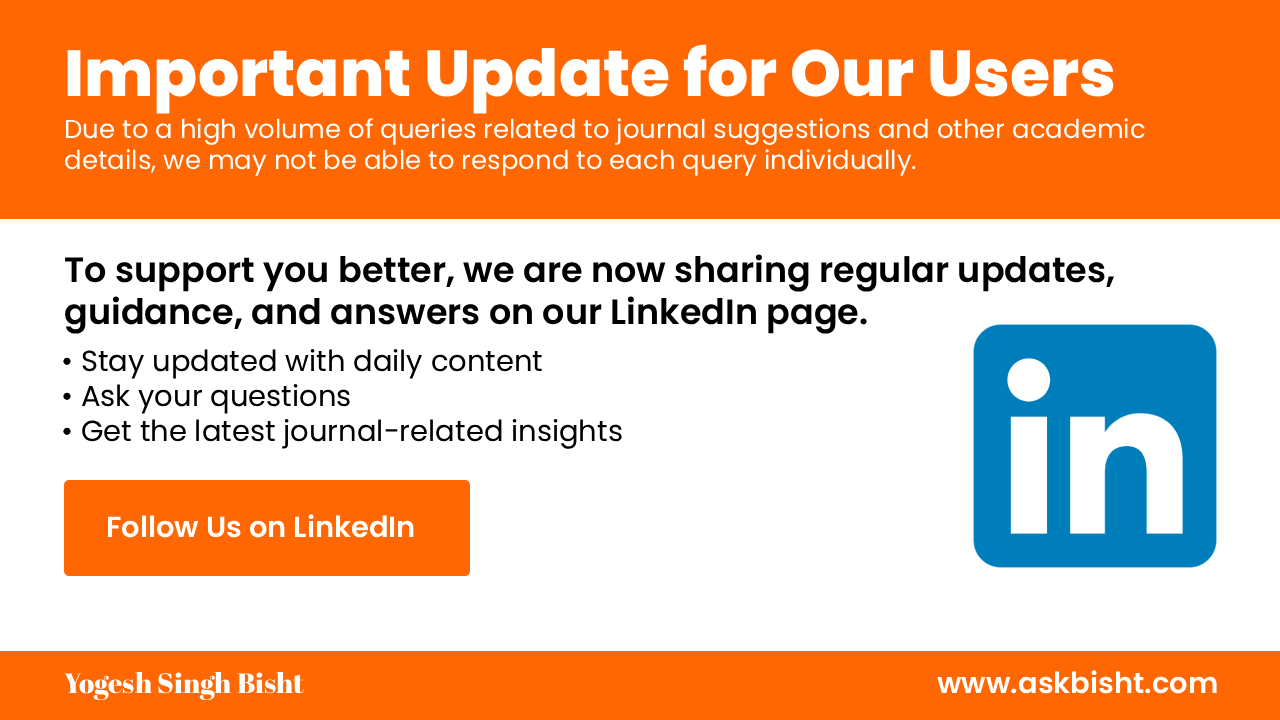Psikohumaniora
Published by State Islamic University Walisongo Semarang Faculty of Psychology and Health (Journal Finder)
ISSN : 2502-9363 eISSN : 2527-7456
Abbreviation : Psikohumaniora
Aims & Scope
Psikohumaniora: Jurnal Penelitian Psikologi calls for scientific articles on clinical and positive psychology.
It covers issues at varying levels of analysis (personal, group, and societal research) and methods (psycho-diagnostic and psychological interventions).
Furthermore, it provides the opportunity for the publication of articles based on inter/multidisciplinary and trans-disciplinary research, and even prioritizes or reserves special space for these.
View Aims & ScopeMetrics & Ranking
SJR (SCImago Journal Rank)
| Year | Value |
|---|---|
| 2024 | 0.273 |
Quartile
| Year | Value |
|---|---|
| 2024 | Q3 |
h-index
| Year | Value |
|---|---|
| 2024 | 7 |
Journal Rank
| Year | Value |
|---|---|
| 2024 | 17629 |
Journal Citation Indicator
| Year | Value |
|---|---|
| 2024 | 58 |
Abstracting & Indexing
Journal is indexed in leading academic databases, ensuring global visibility and accessibility of our peer-reviewed research.
Subjects & Keywords
Journal’s research areas, covering key disciplines and specialized sub-topics in Psychology, designed to support cutting-edge academic discovery.
Licensing & Copyright
This journal operates under an Open Access model. Articles are freely accessible to the public immediately upon publication. The content is licensed under a Creative Commons Attribution 4.0 International License (CC BY 4.0), allowing users to share and adapt the work with proper attribution.
Copyright remains with the author(s), and no permission is required for non-commercial use, provided the original source is cited.
Policy Links
This section provides access to essential policy documents, guidelines, and resources related to the journal’s publication and submission processes.
- Aims scope
- Homepage
- Oa statement
- Author instructions
- License terms
- Review url
- Board url
- Copyright url
- Plagiarism url
- Preservation url
- Apc url
- License
Plagiarism Policy
This journal follows a plagiarism policy. All submitted manuscripts are screened using reliable plagiarism detection software to ensure originality and academic integrity. Authors are responsible for proper citation and acknowledgment of all sources, and any form of plagiarism, including self-plagiarism, will not be tolerated.
For more details, please refer to our official: Plagiarism Policy.
APC Details
The journal’s Article Processing Charge (APC) policies support open access publishing in Psychology, ensuring accessibility and quality in research dissemination.
This journal requires an Article Processing Charge (APC) to support open access publishing, covering peer review, editing, and distribution. The current APC is 5,000,000.00 IDR. Learn more.
Explore journals without APCs for alternative publishing options.
Most Cited Articles
The Most Cited Articles section features the journal's most impactful research, based on citation counts. These articles have been referenced frequently by other researchers, indicating their significant contribution to their respective fields.
-
Instagram addiction in teenagers: The role of type D personality, self-esteem, and fear of missing out
Citation: 14
Authors: Wahyu, Indah
-
Mindfulness dan Kesejahteraan Psikologis pada Remaja
Citation: 12
Authors: Wenita Cyntia, Ratih Arruum
-
Parenting stress, social support, self-compassion, and parenting practices among mothers of children with ASD and ADHD
Citation: 12
Authors: Yulina Eva, Ayu
-
Fanatisme dan Perilaku Agresif Verbal di Media Sosial pada Penggemar Idola K-Pop
Citation: 10
Authors: Jenni, M. Salis, Alifah Nabilah
-
The relationship between gratitude and well-being: The moderating effect of religiosity on university freshmen during the COVID-19 pandemic
Citation: 9
Authors: Nurussakinah, Muhammad Shaleh, Abdul Kholik
-
Parenting style and depression among students: The mediating role of self-esteem
Citation: 8
Authors: Kholifatul, Dwi, Yulina Eva
-
Testing the validity and reliability of the Depression Anxiety Stress Scale (DASS)-21 instrument for individuals with psychodermatology
Citation: 8
Authors: Qothrun, Ike, Fitri
-
Effect of safety climate on safety behavior in employees: The mediation of safety motivation
Citation: 8
Authors: Ariska Nurul, Rini, Gartinia, Firmanto Adi
-
Self concept, self efficacy, and interpersonal communication effectiveness of student
Citation: 7
Authors: Safitri, Baidi, Ali
